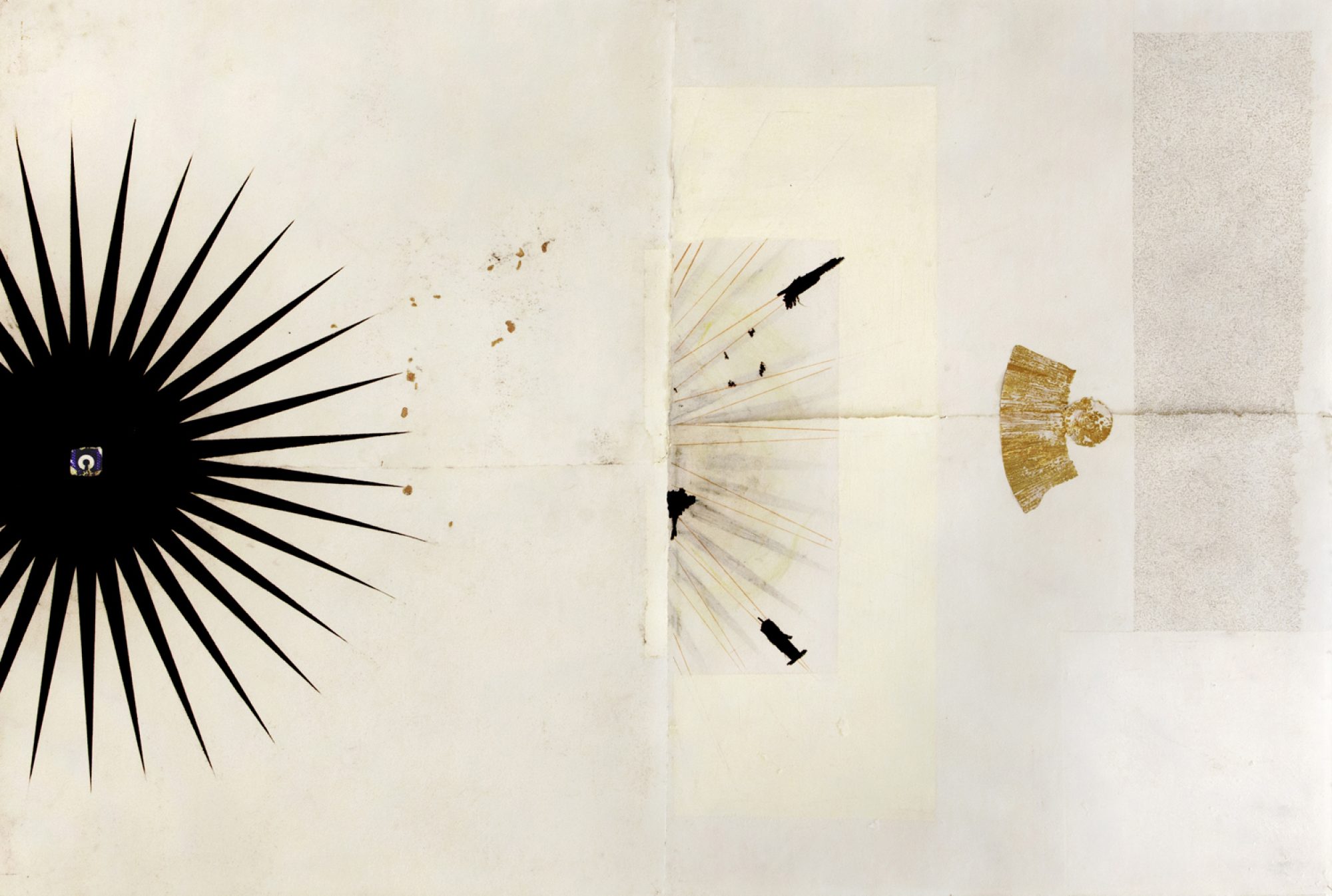Kara Thompson
Abstract: To approach something like hope–so potentially slippery and sentimental–I turn to love, perhaps an equally elusive horizon or abstraction. What might love mean in liberal democracies and forms of governmentality, which seek to organize phantasmatic forms of intimacy and relationality into legible taxonomies of identity? Why should we dare to generate a political concept of love? Perhaps love and hope feel impossible to theorize because they appear to be intuitive, ordinary matters of the gut. But as Kathleen Stewart argues, the effective forms which appear ordinary “are surging capacities.” Hope and love are among the energies we muster to encounter and reassemble the relations, scenes, contingencies, and emergencies of ordinary life. I propose we begin to think about property and land—forms and textures of everyday life—in terms of love, an effective decolonization. Settlement is the archetype of heteronormative love, the American romance narrative that prescribes cultivation, reproduction, privacy. That is, to settle down means to inhabit the tempos of heteroreproductivity: To marry, to buy property, to ‘have’ children. To express possession. To be possessed. Continue reading “On Love and Property”
